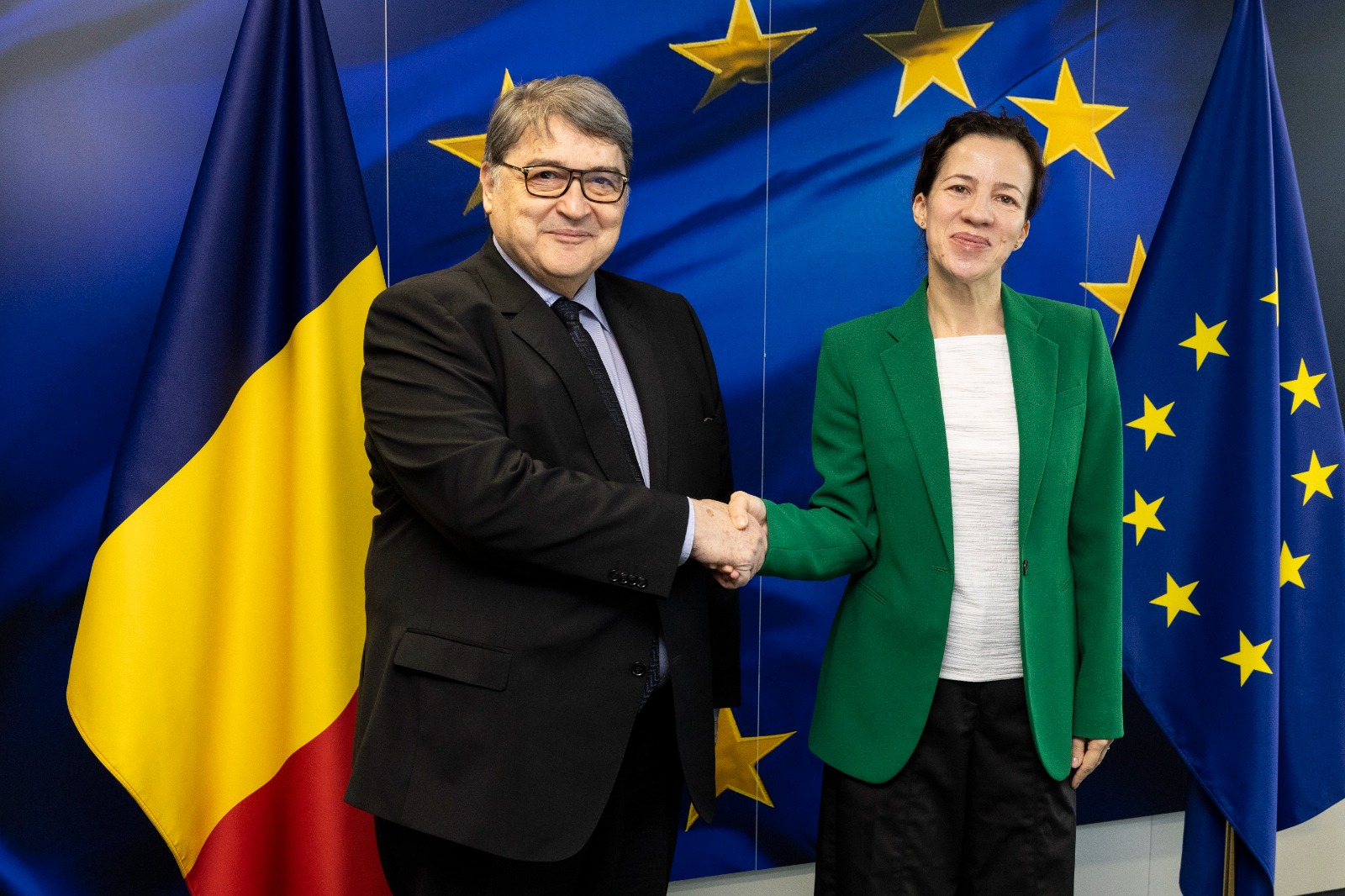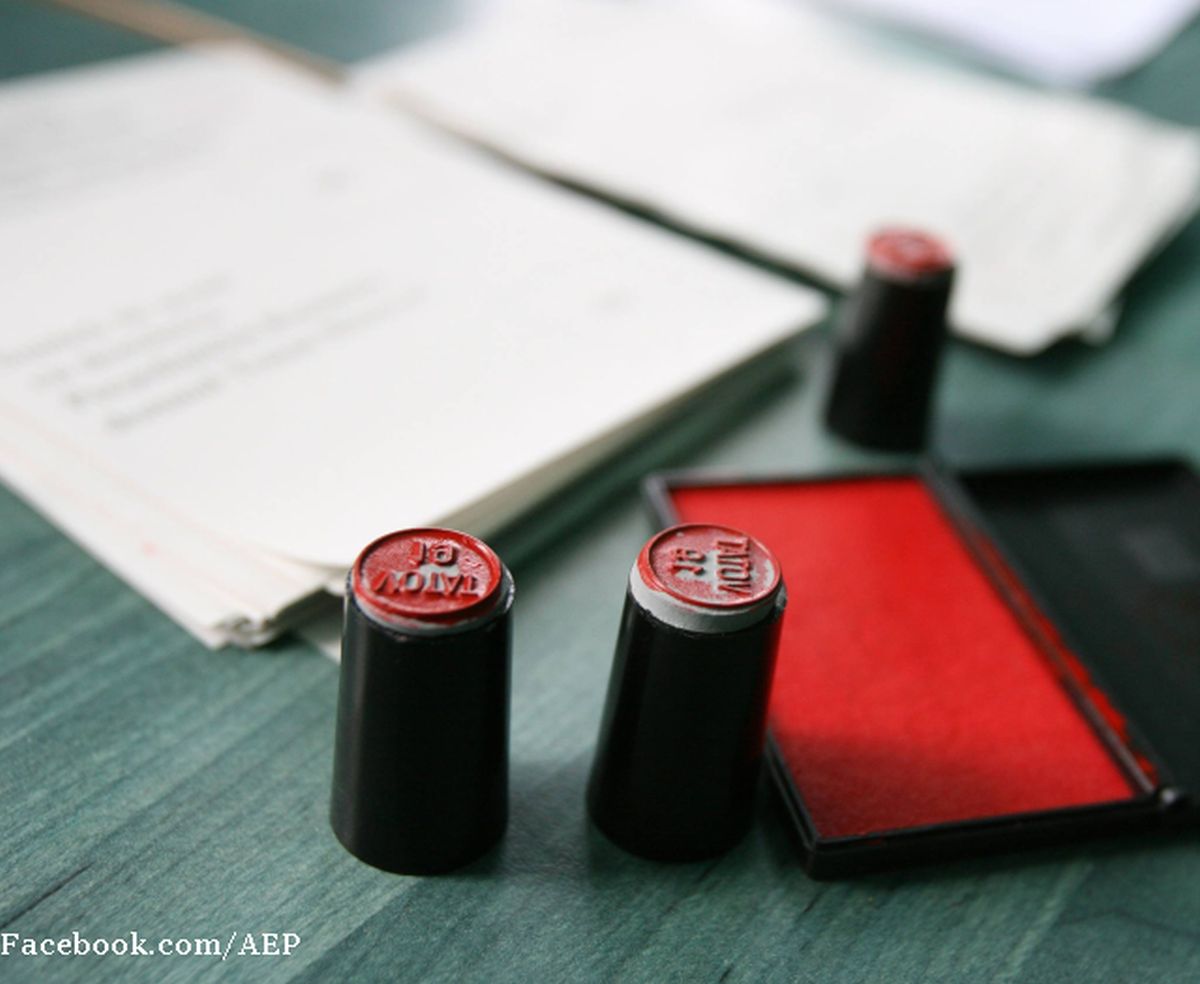International illegal fish trade group dismantled
Hundreds of tons of fish contaminated with heavy metals have been brought to Romania

Roxana Vasile, 17.05.2019, 12:36
A crime group made up of people from several European countries have created a very complex distribution system. They would fish – carp and catfish in particular – in extremely polluted waters in Italy, Spain, France, Hungary and Portugal, where fishing was banned because of the high level of toxicity. Then, they would store the fish in extremely unhygienic conditions and carry it in small vans, which did not have special cooling equipment, as such special vans are usually more careful checked at border checkpoints. They would forge the waybills and then distribute the merchandise in stores. It is believed that large quantities of fish have even reached big retail chains.
Prosecutor Tedor Nita, the coordinator of the investigation, has stated:
“Industrial pollution is a very serious matter. Just imagine what happens in those waters! And these people just take the fish and store it in terrible conditions. Then, they trade it in Romania and other countries and even big retailers buy it. Most of the times the waybills and other documents are forged. So, if the demand is for fish from France, they get documents from France, if its for fish from Germany, the same, and so on.”
The Romanian Health Minister Sorina Pintea has stated, though, that currently there is no danger of heavy metal poisoning among fish consumers:
“Heavy metal poisoning occurs after a long time of consumption. If the concentration of heavy metals had been that high, probably the fish would not have lived in those waters anyway, but, of course, we need all the data. No cases have been reported of people coming to the hospital with symptoms of heavy metal poisoning, so there is no danger.”
In Spain, authorities have already annihilated the local branch of the group, which was operating in the Ebro river. In Romania, investigators are waiting for the results of the 112 searches conducted across the country and of the another 100 carried out in the other European countries where the group was operating, in order to establish the right measures to be taken in the coming period. So far, more than 30 tonnes of unsafe fish have been confiscated and destroyed.
The investigation has confirmed suspicions raised over the past years, namely that Romania is a market for second-hand merchandise. This time, however, evidence shows not only that foodstuffs in Romania are of lower quality, but also that there are products that can make people sick, and this is happening right in front of the authorities eyes. One of the measures that should be taken in order to prevent a situation like this from ever occurring again is to supply stores with safe, Romanian fish. Before 1989, for instance, there were more than 50,000 hectares of natural water basins where fish were bred and then released into their natural environment. If these basins were properly equipped and rendered operational again, the Delta would become the first producer of bio fish in Europe.
(translated by Mihaela Ignatescu)






























